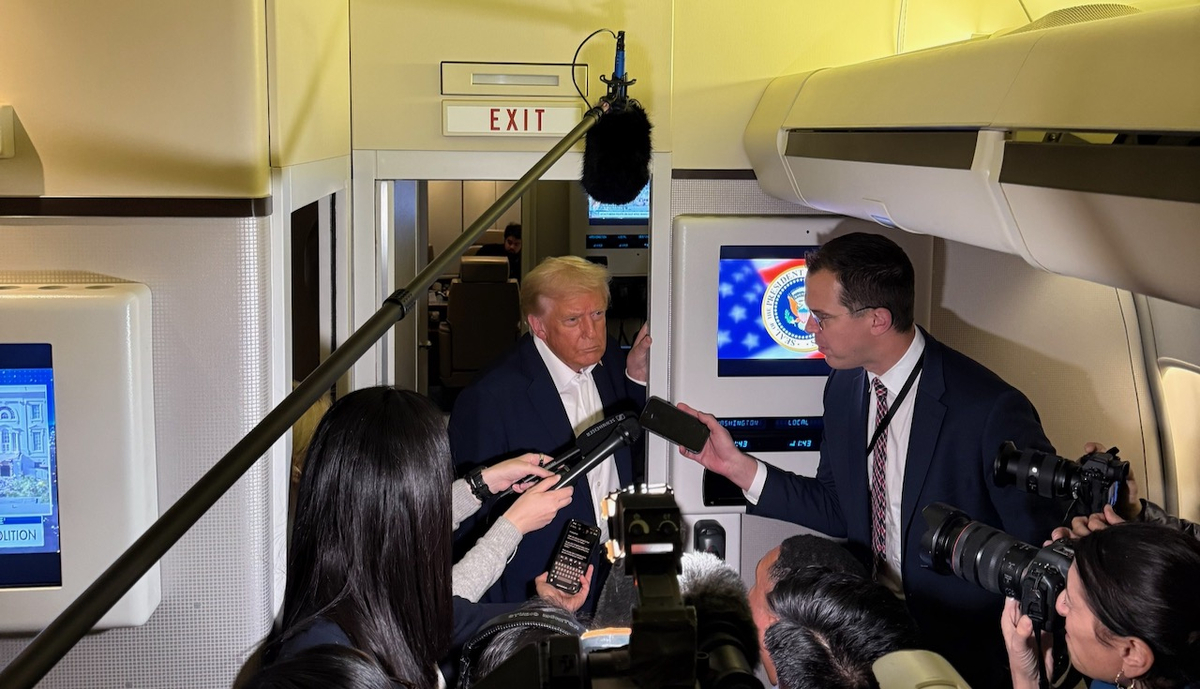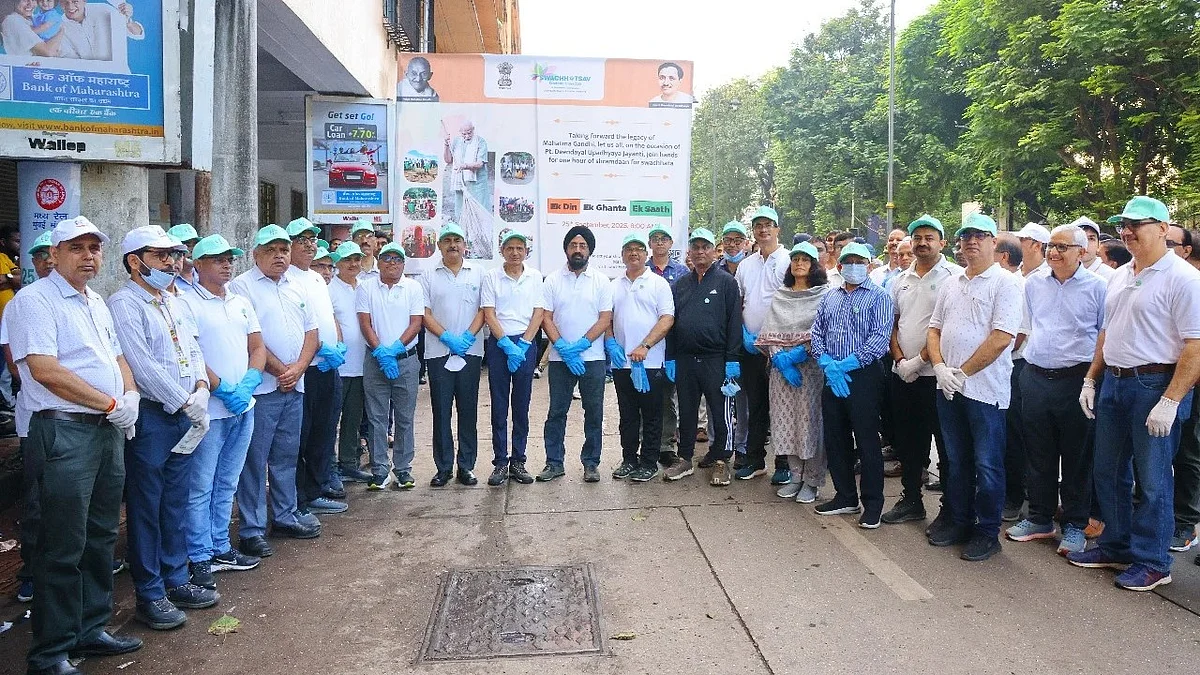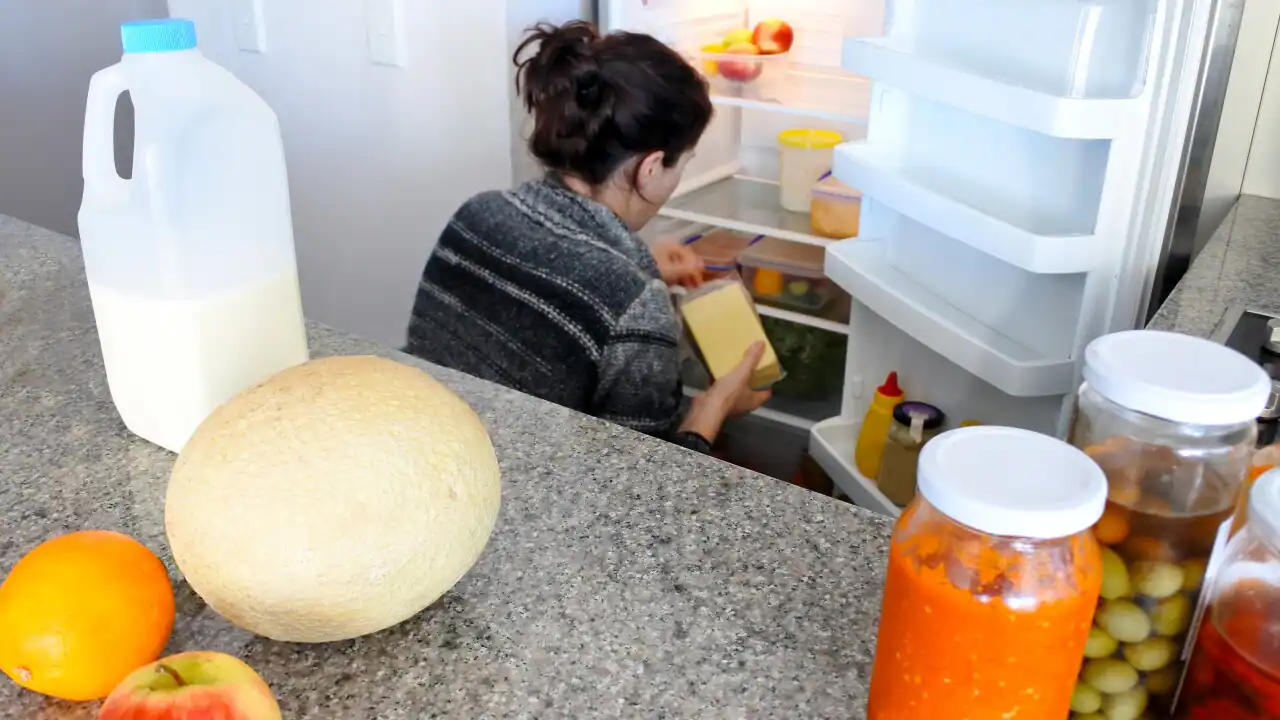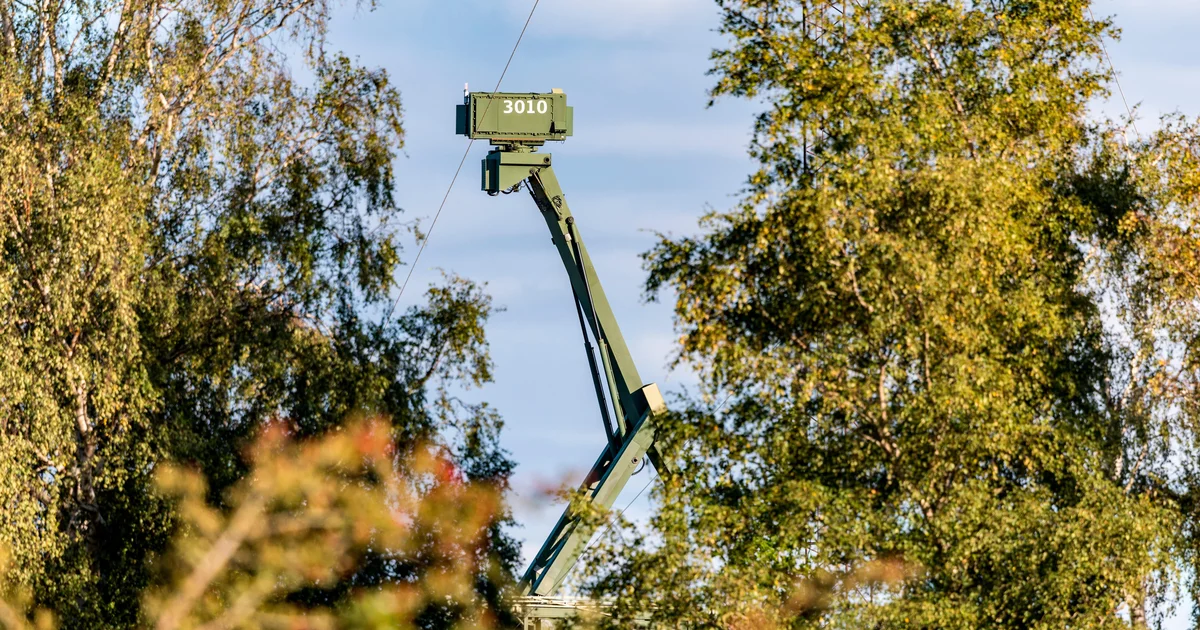Copyright kyivpost

US President Donald Trump, en route to a high-stakes Asia trip, offered a rare glimpse into the frustrations of his diplomatic efforts to end the Russia-Ukraine war. He downplayed the likelihood of a swift summit with Russian counterpart Vladimir Putin while revealing new details on the economic pressure his administration is mounting against Moscow. Gaggling with reporters aboard Air Force One, Trump did not mince words when asked about rescheduling his meeting with Putin, which was recently postponed. “I’m going to have to know that we’re going to have a deal. I’m not going to be wasting my time. I’ve always had a very great relationship with Vladimir Putin, but this has been very disappointing,” Trump stated. Despite asserting a “very great relationship” with the Russian leader, Trump called the lack of progress on a peace deal “very disappointing.” Trump reiterated his surprise that the conflict has been tougher to resolve than other complex geopolitical issues he has tackled. “I thought this would have gotten done before peace in the Middle East,” he said, citing his successful mediation between Azerbaijan and Armenia, a success that he said even Putin had praised earlier on the phone with him. He continued, “If you look at India and Pakistan... I could say almost any one of the deals that I’ve already done I thought would have been more difficult than Russia and Ukraine, but it didn’t work out that way. There’s a lot of hatred between the two,” he concluded. Sanctions bite: Oil pressure on Russia, diplomacy with China Trump was keen to highlight the impact of his administration’s latest economic measures targeting Russia, which he believes are beginning to hit hard. “We put very big sanctions on Russia. I think those sanctions are going to be very biting, very strong,” he asserted. When pressed on concerns that the sanctions might push Putin too far, he dismissed the worry: “I don’t think so. …He’s saying that they won’t have that much of an effect, so I don’t know. That’s what he says. I don’t think he’s right about that.” Trump then connected the sanctions directly to his upcoming meeting with the Chinese leader, revealing that discussions about Russia’s crucial oil exports would be on the table. “I may be discussing it. You probably saw today, China is cutting back substantially on the purchase of Russian oil, and India is cutting back completely,” he said, before adding, “And we’ve done sanctions.” Trump expressed his desire for Beijing’s cooperation on the conflict, telling reporters, “I’d love China to help us out with Russia. We put very big sanctions on Russia... One of the things we’ll talk about is Russia [and] Ukraine; they’re killing 7,000 people a week. Soldiers, mostly soldiers, and we’ll certainly be talking about that,” he emphasized. Trump said he seeks a “complete deal” from his encounter with President Xi – a comprehensive agreement that will also address the concerns of American farmers and the deadly flow of fentanyl, a drug that is “killing a lot of people” and “comes from China.” The US President previously told reporters that he would also want to meet with North Korean leader Kim Jong Un while in Asia, saying: “If you want to put out the word, I’m open to it. I had a great relationship with him.” Rubio explains China’s pass on tariffs Speaking to reporters following Trump’s gaggle, Secretary of State Marco Rubio also addressed the tough-on-Russia strategy, particularly as it relates to key US partners. Rubio characterized India’s decision to continue purchasing Russian oil as a “point of irritation” and a “source of tension” in relations with the US, arguing that the purchases are helping to fund Russia’s war efforts in Ukraine. The administration has since imposed an additional 25% punitive tariff on New Delhi, raising the total US levy on Indian goods to a staggering 50% as a penalty for the Russian energy imports. Rubio defended the administration’s action despite stressing that India remains a “strategic partner” and an “ally” of critical importance to the US, acknowledging that the country has “huge energy needs” and buys the sanctioned oil because it is cheap. Rubio indicated the administration hopes to “fix” the punitive measures soon. He recently met with India’s External Affairs Minister to discuss a range of issues, including the importance of continued engagement to promote a free and open Indo-Pacific region. Rubio also fielded questions on why China, Russia’s largest oil purchaser, has been spared similar aggressive tariff measures. He explained that placing such sanctions on Beijing would risk driving up global energy prices and potentially destabilizing economies worldwide, as the majority of oil China purchases from Russia is refined and sold back into the global marketplace, including to Europe. On the subject of US-China trade negotiations, Rubio assured that the administration would not compromise its long-standing policy regarding Taiwan, telling reporters that no one is “contemplating” walking away from US support for Taiwan in exchange for favorable trade treatment in a deal with Beijing. Backdrop: Putin envoy touts ‘progress’ just as Trump toughens stance Trump’s remarks aboard Air Force One, which is en route to Malaysia, come amid conflicting signals on the prospects for peace. Just hours earlier, Kirill Dmitriev, Putin’s special envoy for investment and economic cooperation, made waves during a visit to the US. Speaking to US media, Dmitriev stated he believes Russia, the US, and Ukraine are “actually quite close to a diplomatic solution” to end the war in Ukraine. He is set to meet with Trump envoy Steve Witkoff in Miami.



